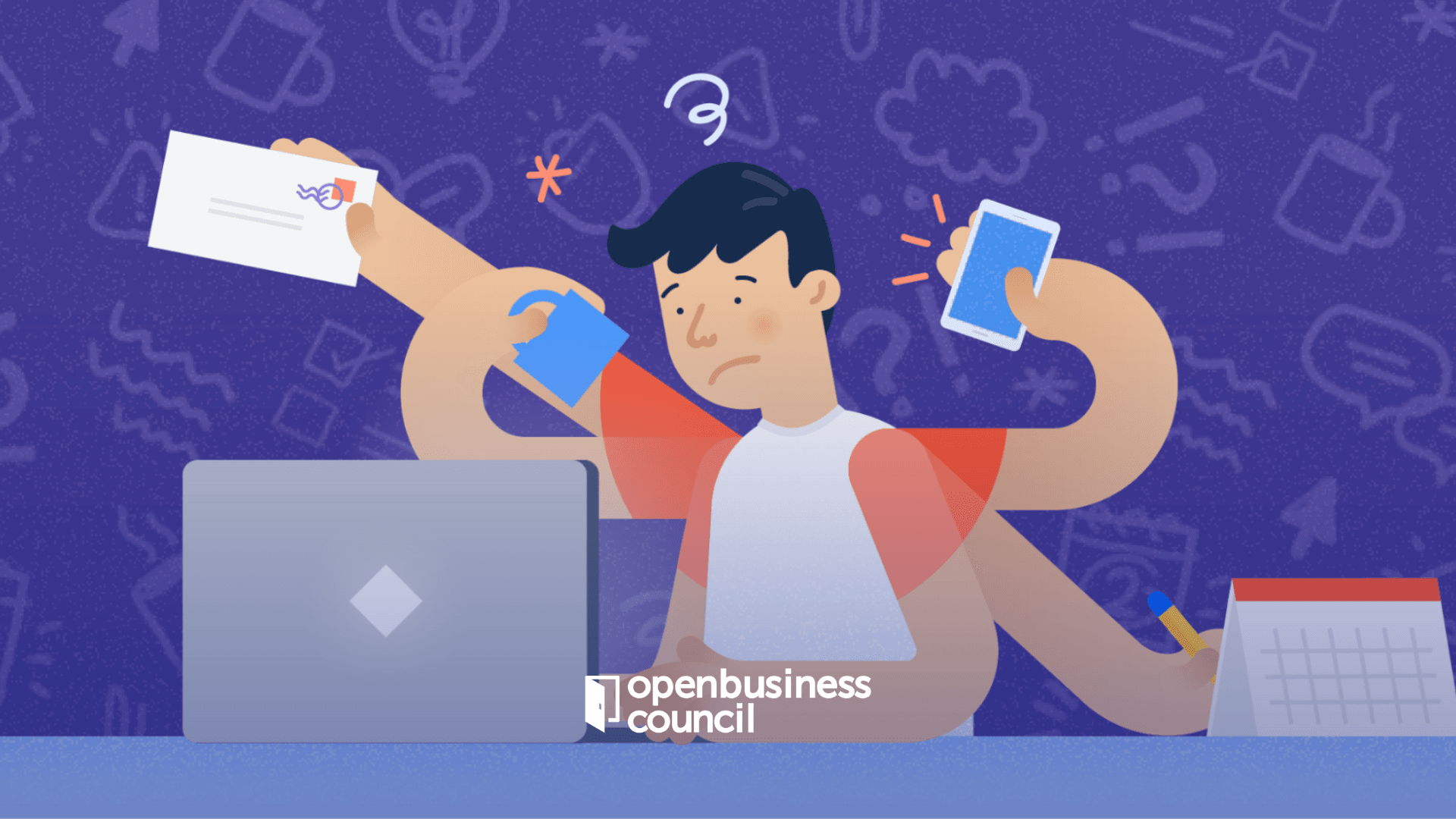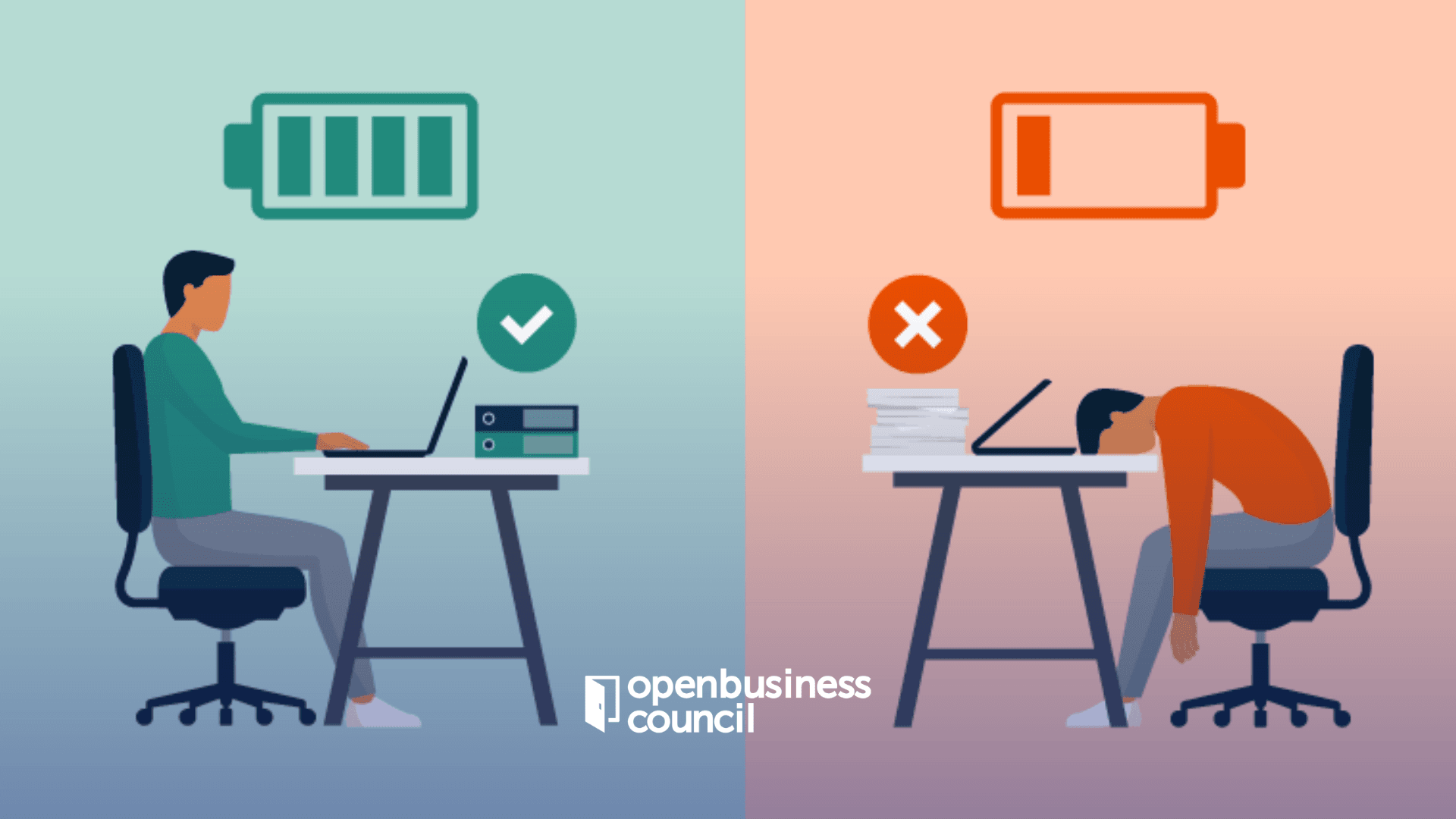Most of us suffer from information overload. Modern people consume a hundred times more information than our ancestors used to. The price of having a giant informational field is poor multitasking and problems with concentration. As a result, we are less productive, and our strategic plans are idle while we cope with small tasks. We can use financial services like abc finance to make some tasks easier. But we can't stress-test our brain endlessly. Let's find out how to deal successfully with information overload.
Tip #1 - Set 3 to 5 Priorities
We are capable of holding about seven pieces of information in short-term memory. But you might have more items on your to-do list. So you create an additional load on your brain.
A lot of tasks make it difficult to concentrate - and this leads to mistakes. Everyone at least once forgot to do something daily, like turning off the lights when leaving home. Not to mention complex tasks at work.
Our brain can hardly be called multitasking. It spends resources on every unfinished matter. The more things to do, the harder it is to keep them in mind. To make it easier, outline three to five tasks of the highest priority.
Tip #2 - Be Selective

People who are good at time management regularly ask themselves: "Is this worth my time, or can I delegate the task?"
People who don't consciously allocate time are less productive where it matters most. Instead of working on what is important in the long run, they urgently plug holes.
Take on the big tasks and delegate the easy ones. This will free up resources for solving problems that correspond to your level of competence.
Tip #3 - Distribute Your Energy Based on the Decision's Importance
Not all decisions and tasks are equally important. Choosing bread in a store is much easier than changing a job - it will take less time and information to analyze.
This is an exaggerated example, but it demonstrates how important it is to allocate time correctly for making decisions depending on their significance. Sometimes you need to choose the best of the best, and sometimes just good is enough.
Tip #4 - Do Related Tasks Consistently
Distribute tasks so that subtasks follow each other. In the best scenario, each subtask takes up to 30 minutes. This rhythm helps to stay in good shape and avoid information overload.
If you spend too much time on each subtask, it becomes difficult to stay focused. If you switch between unrelated tasks, you will create an additional load on the brain, and this will reduce productivity.
To be fair, sometimes, such a switch is inevitable. When you move on to a new task, the brain reboots. Don't be discouraged if things are going slower than you'd like. When we are frustrated, we use up a lot of energy, and our productivity drops even further.
Tip #5 - Use Checklists
Checklists help to "calm down" the brain and convince it that everything is under control. Checklists are of two types:
READ-DO: actions that allow you to go from point A to point B (for example, an assembly instruction). Checkboxes are added to the list as actions are done.
DO-CONFIRM: actions that lead to a certain result. For example, the "preparation for travel" checklist will allow you to quickly check whether you have taken everything needed - money, passport, plane tickets. The list is read when everything is done to make sure you haven't missed anything.
Tip #6 - Set a Time Limit for Absorbing Information
Determine how much time you will spend searching for data and decide how to use it. If you have a lot of time, look through the diverse information to see all sides of the problem and find a solution. In case your time is limited, focus on something specific and don't get distracted by other related content.
Tip #7 - The Right Answers Require the Right Questions
To make good use of your precious time, determine what needs to be done to solve each task. The right mindset will lower the load on your brain, making your work much easier. Answer three main questions:
- What problem do I want to solve?
- What information do I need to find the optimal solution?
- Into what stages can I divide the solution of the problem?
To Summarize

Our brain is a great tool, but it has its limits. Usually, our working routine is full of distractions and frustration. Try to make each minute of your working routine meaningful and understandable. And don't forget to make small pauses every 30 minutes to keep your head cool.